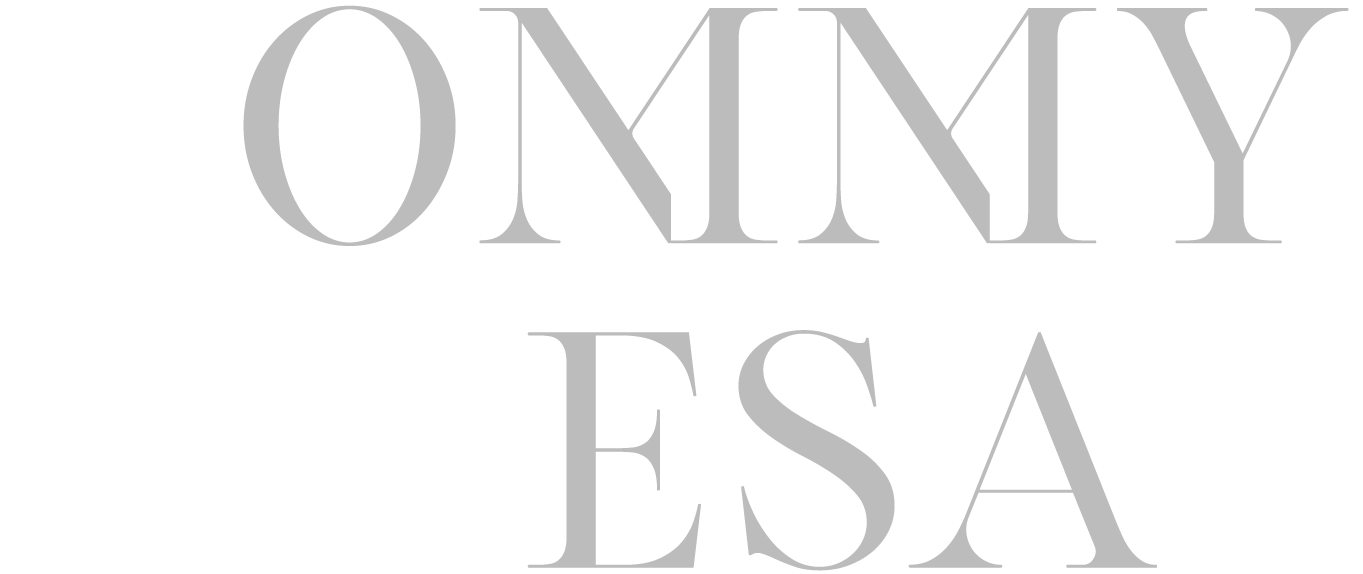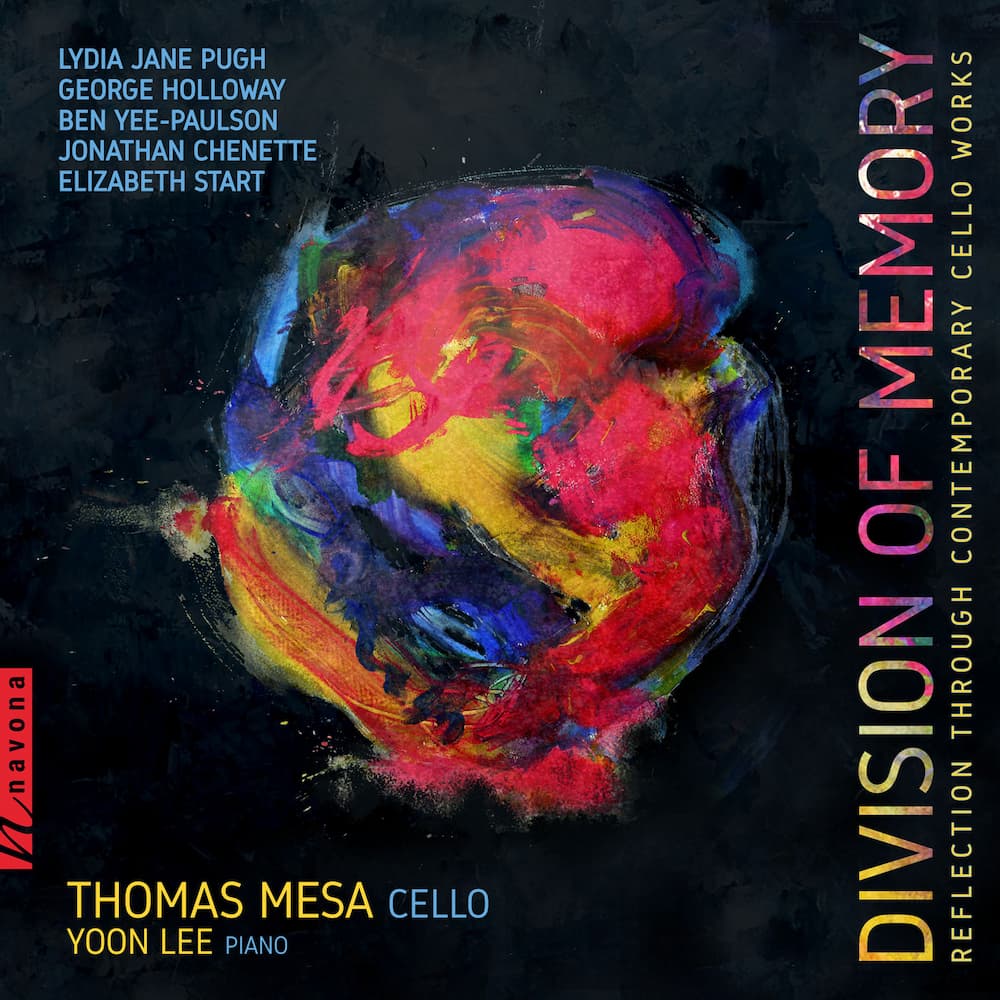The review comes from Pianomania,
“What does 21st century cello music sound like? Cuban-American cellist Tommy Mesa, professor of cello at the Conservatory of Music of Purchase College (State University of New York), presents a compelling view with five works that amply demonstrates the length and breadth of cello techniques and traditions. None of the works belong to the “ping, qualified by a thud” school of avant-gardeism or serialism. Real music, the tonal and coherent variety which 99% of listeners will readily relate to, holds sway instead.
Three works are for solo cello, opening with Guernsey (English Channel island) native Lydia Jane Pugh’s Carolina’s Jig, a short and enjoyable number in bluegrass tradition which also uses the cello as percussion. The three movements of American composer Ben Yee-Paulson’s Suite for Solo Cello No.1 look back to J.S.Bach’s celebrated suites of dances as a point of departure. This gratifying music possesses the same spirit also shared by Prokofiev in his unaccompanied string sonatas. American composer and cellist Elizabeth Start’s Echoes in Life occupies a similar sound world, with the use of harmonics providing an ethereal feel at its close. Mesa brings out a gorgeous, full-bodied tone in these musically rewarding works, and the recorded sound is both vivid and realistic.
Two works are sensitively partnered by Mesa’s conservatory colleague Korean pianist Yoon Lee. Taiwan-based English composer George Holloway’s Novella (Chapter One) begins dreamy and atmospheric. The cello’s lyrical utterances is answered by jazzy piano chords, then works its way to a brief impassioned climax before gently dissipating. American composer Jonathan Chenette’s Elegy and Affirmation, at 16 minutes, is the longest work on show. Beginning with a moving plaint based on a simple motif of three notes, deep sorrow is transformed into playfulness and unadulterated joy by the skillful manipulation of the same motif. Drones commonly heard in much of ethnic music dominates the latter section of the affirmative action.
Do not hold your breath for Yo-Yo Ma to record this repertoire, for the just-as-excellent Mesa has the field entirely to himself.”

